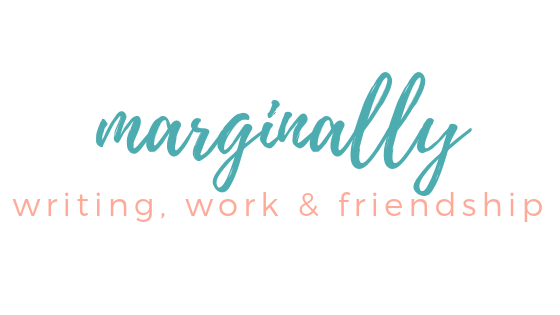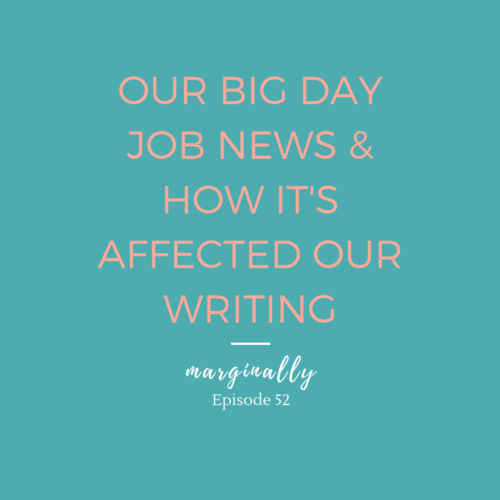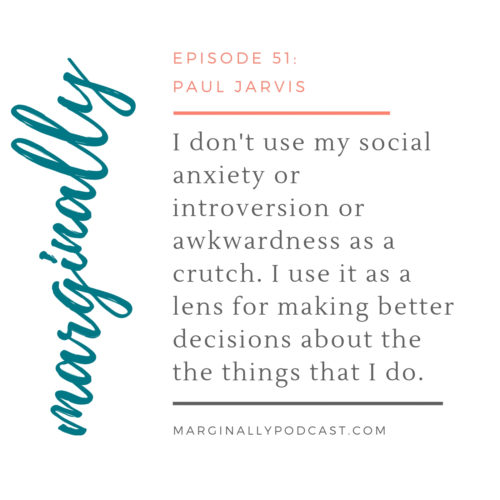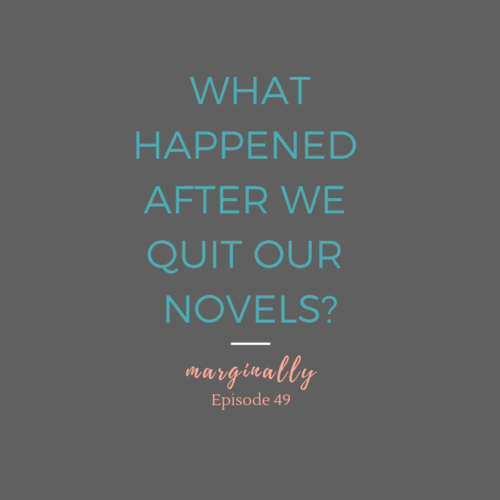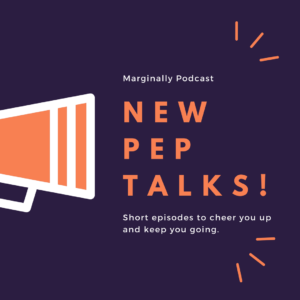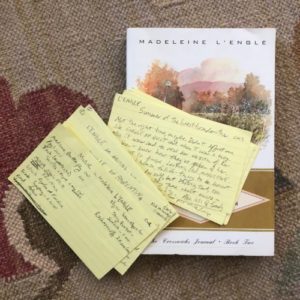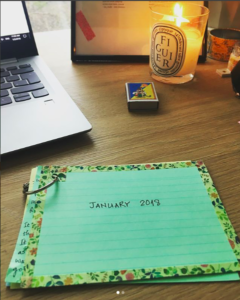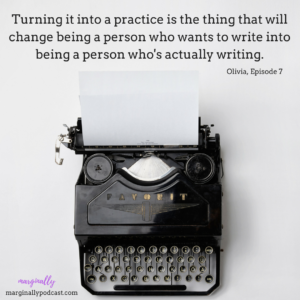You probably already know from the podcast that I love my Google alerts. So good for keeping up with poets you like but can’t Google every day, and for keeping up with concepts you’re curious about. (My favorite Google alert is about head transplants. Read about it – it’s a thing.)
Anyway, I also have a series of alerts about writing and day jobs, and so we are starting a monthly round-up of stories of other people who are writing their books and getting published – all while not writing full-time. Read about them, and know that you can do it, too!
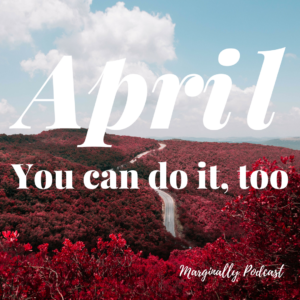
The April Round-Up:
Financial Times‘s profile of corporate workplace novelist and HR professional Jillian Medoff. She wrote on weekends and in the evenings. Her website is here, and her latest book, published earlier this year, is This Could Hurt.
The Observer published this profile of Hanya Yanagihara, who works as a journalist in her day job and published the critically acclaimed A Little Life a couple years ago. The interview and profile are engaging and fun to read, and she’s a big advocate of the day job:
In Yanagihara’s case, returning to the magazine world was a question of disposition and financial necessity. While a big seller by the standards of literary fiction, A Little Life was hardly Fifty Shades of Grey and Yanagihara lives in an apartment in downtown Manhattan with overheads that serious novels don’t support. It’s a stylish life and while she is dressed today in workman-like denim, an advertisement for the daylight-hours side of her nature, elsewhere whimsy reigns.
Canada’s Globe and Mail published this profile of lawyer and author of 8 books Catherine McKenzie. Her latest book is The Good Liar; her site is here. I enjoyed reading about the different genres she’s written in, and her overall path to being more confident in her writing. I also liked how they played on the “on the side” theme for this bio:
Instead, McKenzie’s Montreal fans learned that the novelist is a lawyer on the side. Or rather that, on the side of her 18-year legal career, which has taken her to the Supreme Court of Canada five times, she writes novels.
FemaleFirst.co.uk’s profile of the UK writer and former medical secretary Sheila Norton. She wrote her first 8 (of 18!) books in her spare time while working. Her latest book is The Pets at Primrose Cottage, and this is her website.
This roundup of young Australian authors has a good blurb on Shaun Prescott, a tech and gaming writer, as well as a novelist of the new book The Town.
In this profile in the Pacific Daily News, Michael Perez worked for decades in the Guam Department of Education, and has just published a book about an autistic girl, The Scream of Innocence.
This is a little out of tune with our “keep your day job” theme, but I still enjoyed this Guardian profile of the UK novelist Sarah Perry, whose The Essex Serpent has been really popular there and abroad in the past year. It starts strong, and keeps going well:
My first book was published when I was 34. I was at that time a copywriter, earning a living by removing errant apostrophes from clothing catalogues, and drafting news reports for legal journals. Before then, I had been a civil servant (a job to which I was ill-suited in every respect), a minimum-wage shop worker, a nanny, an office temp and a legal administrator. Often I am asked what possessed me to join the civil service straight after graduation, and the frank answer is that I had supported myself financially since I was 18, and needed to earn a living: writing, my long-held ambition, would have to wait.
… It never occurred to me that I would be able to make a living from writing fiction, and I did not in the least resent my day job, though naturally I occasionally imagined finding a hoard of Saxon gold in the back garden.
And, it turns out Agatha Christie worked as an apothecary. Which makes a lot of sense for her books.

